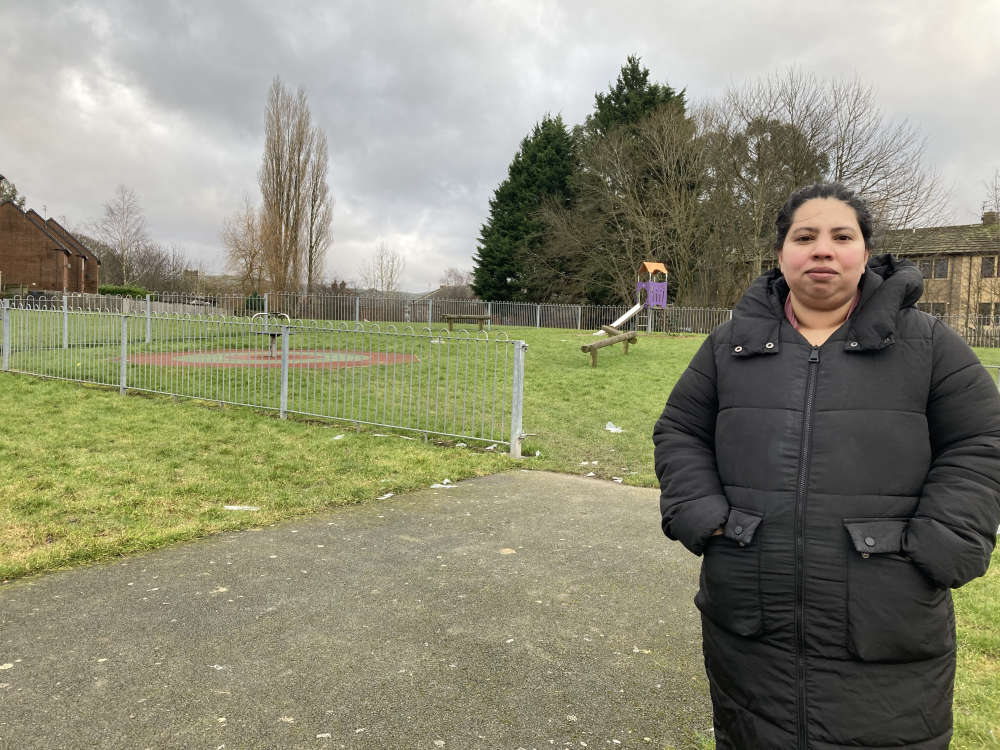
The housing estate was built 15 years ago, but one patch of grass with a lonely-looking playground is still costing residents.
When the new-build estate off Newbold Hall Drive in Rochdale was completed in 2010, Halima Ali was excited to get a glimpse of her new home. With visions of her fresh property on the doorstep of a park, she was overjoyed to be moving in.
But the reality was a stark contrast to what she had imagined.
The so-called park turned out to be just a patch of grassland with one slide and a small carousel. In the years since it was created, the area has been left unloved and strewn with litter.
Taking the Local Democracy Reporting Service on a tour of her estate, Halima said: “If you look around at this place would you say it’s well maintained? It looks awful.
“It’s shocking they can treat their customers this way. Even being in a position to buy a home back then was an amazing feeling, but to be left with all this I would now say avoid buying new-build homes.
“It’s a freehold property but we have to pay like a leasehold one. As a freeholder, you don’t want to be in our situation.
“I don’t want a management company to have control over my life.
“Buying a new build home was the biggest mistake of my life. It has taken its toll on me and my mental health.
“Your home is supposed to be your house and your security so what they’re doing is dastardly.”
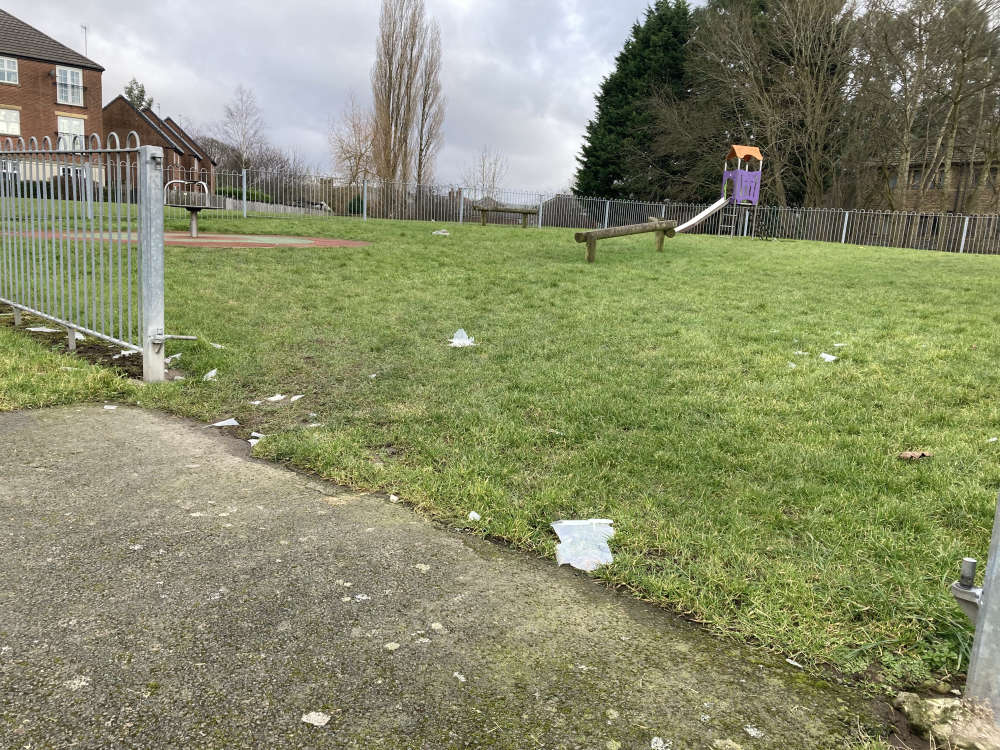
Grassland on Newbold Hall Drive estate in Rochdale with a small playground on it. Credit: LDRS
Describing the moment of moving in, Halima added: “I was excited when I saw the 3D images of what it could look like. I thought it would be a nice little park where I could see my children playing. But this is not a safe area and it’s not hygienic.”
Mrs Ali went on to point out poorly maintained hedges and plantings, dogs ‘doing their business’ on the grass and constant vandalism. The reason this irks Halima is that residents on the estate fork out thousands of pounds every year towards the area’s upkeep.
Halima herself pays around £180 per year for this charge, on top of council tax and other rising bills. In a cost of living crisis every penny counts, and Halima believes it is ‘disgusting’ they still have to pay this.
She admits it wasn’t always this way, but feels abandoned by housebuilder Persimmons who handed the control of the site over to a management company once they completed the build.
This is what Halima described as ‘the carcass of fleecehold’ – something, she says, is happening up and down the country.
Fleecehold is a phrase coined to describe freehold property owners, usually in new-build estates, who are obligated to pay fees to a third-party management company for maintenance of communal areas. Freehold property owners own the house and the land they live on, whereas leasehold homeowners own the house but not the land – sometimes paying a fee for that land.
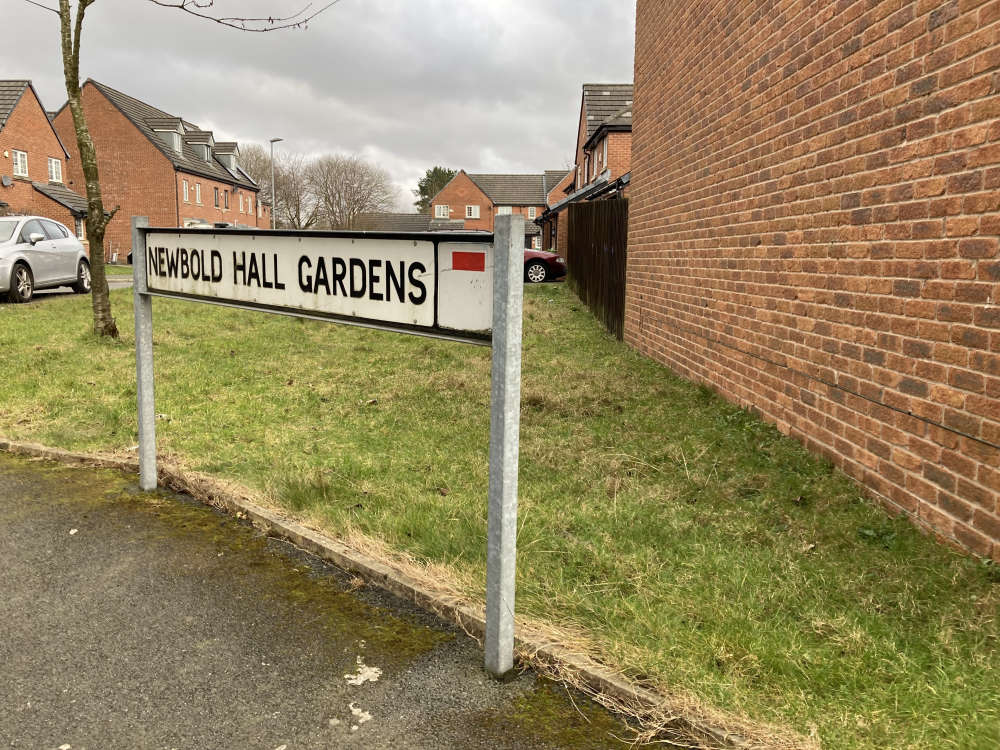
Newbold Hall Gardens sign on the Rochdale estate impacted by fleecehold. Credit: LDRS.
The Newbold Hall Drive resident explained the ‘fleecehold’ estate pays around £30,000 a year to the management company in fees, but thinks it only costs them around £15,000 to actually do the work and pay the contractor.
This is why she helped set up The Home Owners Rights Network (HorNet). She says millions of people across the country are in similar situations to her, sometimes forking out much more than she is.
This added cost to live in these one-build homes is also making it harder to sell on their homes, because people don’t want to pay the added charges on a freehold property.
Halima believes councils should be working to adopt the common land in these estates and maintain it as part of council tax. But in her situation, the local authority has told her they can’t do anything about it because it’s private land.
However, in a recent email to Halima’s campaign group, Rochdale’s council leader Neil Emmott said he would look into this issue.
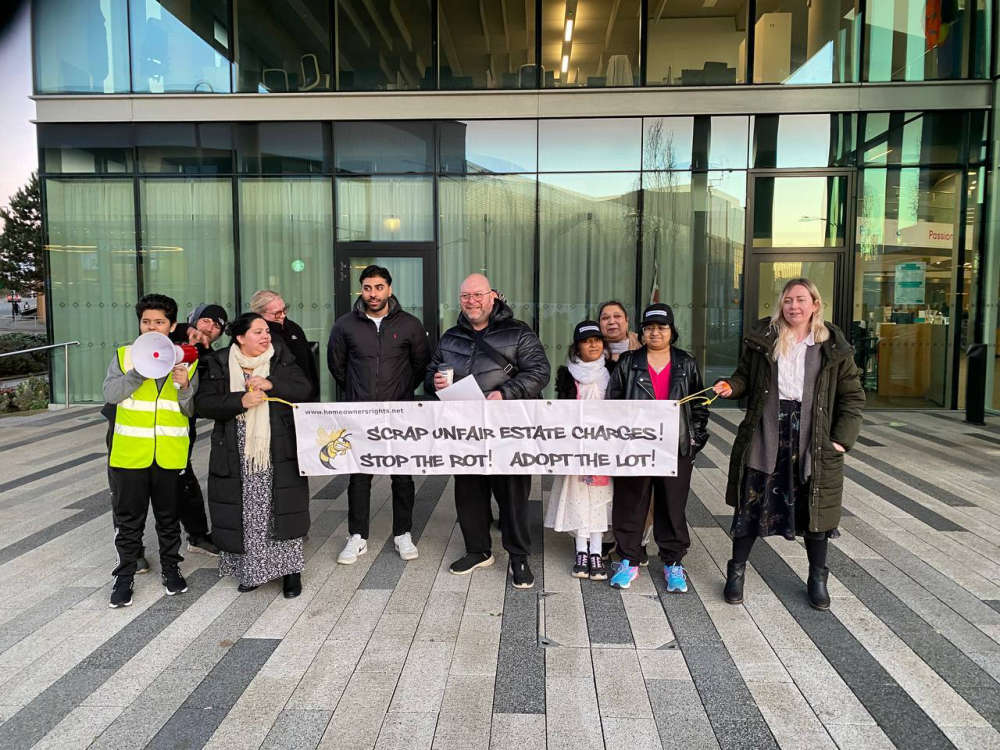
HorNet campaigners outside council HQ - Number One Riverside, Rochdale. Credit - HorNet.
“As a campaign group HorNets made the government aware of the problem and that it could be impacting over 3 million people,” Halima continued.
“Then the government has now come out saying they want to build millions more homes.
“How are they able to justify trapping more people in fleecehold. When the government knows this is happening. Is this what we want all over England?
“If this was a private estate I could understand the cost, but it’s public open space so anyone can come on this and we have to pay to maintain it.”
The fierce campaigner has publicly objected to a number of property developments in the Rochdale area to avoid others falling into the same ‘trap’ as she did. A recent planning committee meeting approved 445 new homes for Cowm Top Lane in Castleton – much to Halima’s despair.
The developers GLP Trows LLP and BDW Trading Ltd promised a linear park, open green space and playgrounds alongside the 445 houses. But Halima fears these benefits could come back to hit the new residents in the pocket, like it did with her.
Housing developer Persimmons did not wish to comment on this issue, but did point towards last year’s report from the Competition and Markets Authority (CMA).
That report, published in February 2024, recommended that the government take action to stop this issue.
It reads: “Private companies increasingly provide and charge for such management services, whereas in the past the default position was that public authorities, in particular local authorities, would generally ‘adopt’, (ie take on responsibility in perpetuity for) such amenities.
“We have identified that households subject to such arrangements may face detriment in the form of the charges they pay, the quality of amenities available to them and the quality of management services they receive, the potential for disproportionate sanctions to be applied for outstanding charges, and the sometimes significant efforts required to achieve a satisfactory outcome in those regards.
“Fundamentally, we consider that the root cause of the aggregate detriment we observe is the decrease in levels of adoption of amenities by relevant authorities, resulting in a proliferation of private management arrangements in which estate management companies may possess significant market power.”


 Man charged following reports of indecent exposure in Heywood
Man charged following reports of indecent exposure in Heywood
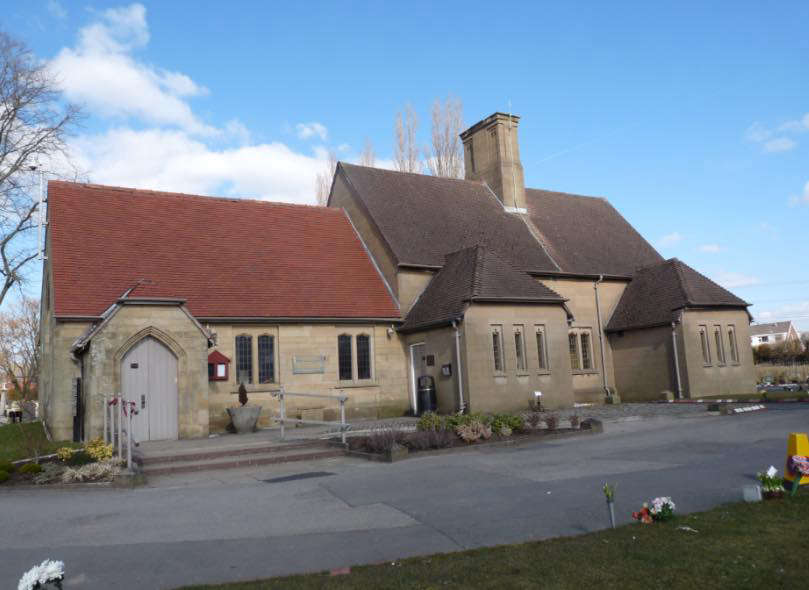 Middleton Township councillors blasted for turning public concern into online mudslinging
Middleton Township councillors blasted for turning public concern into online mudslinging
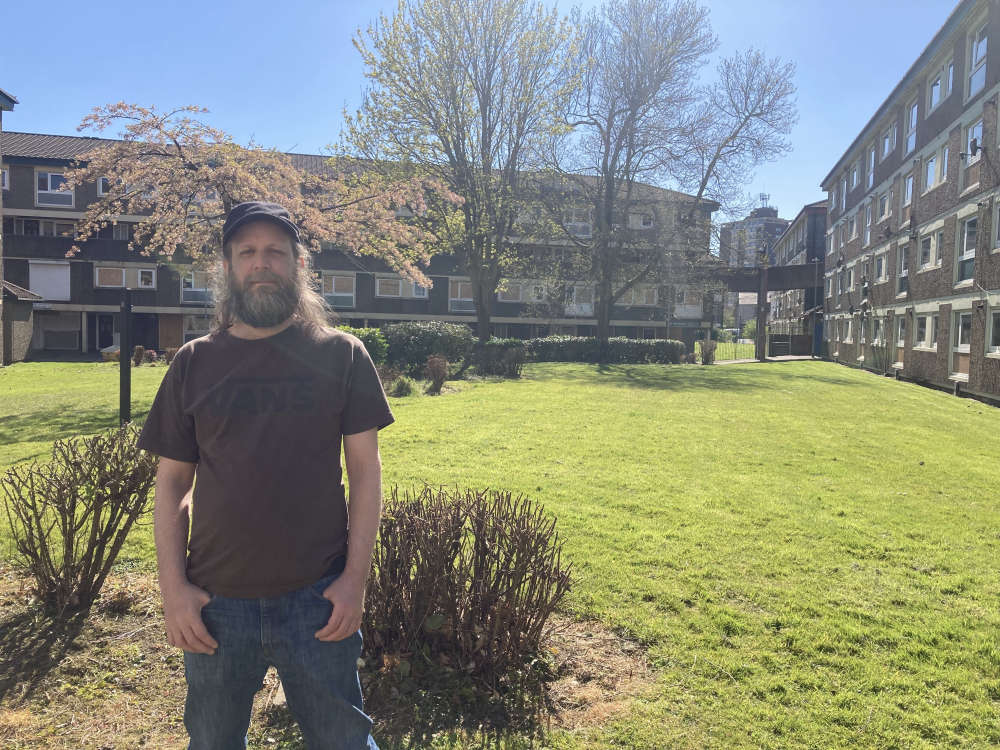 Life on Rochdale’s ‘sink estate’
Life on Rochdale’s ‘sink estate’
 33 arrests, 80 traffic offences and £19k in illegal vapes seized as Operation AVRO makes dent in criminality across Bury
33 arrests, 80 traffic offences and £19k in illegal vapes seized as Operation AVRO makes dent in criminality across Bury
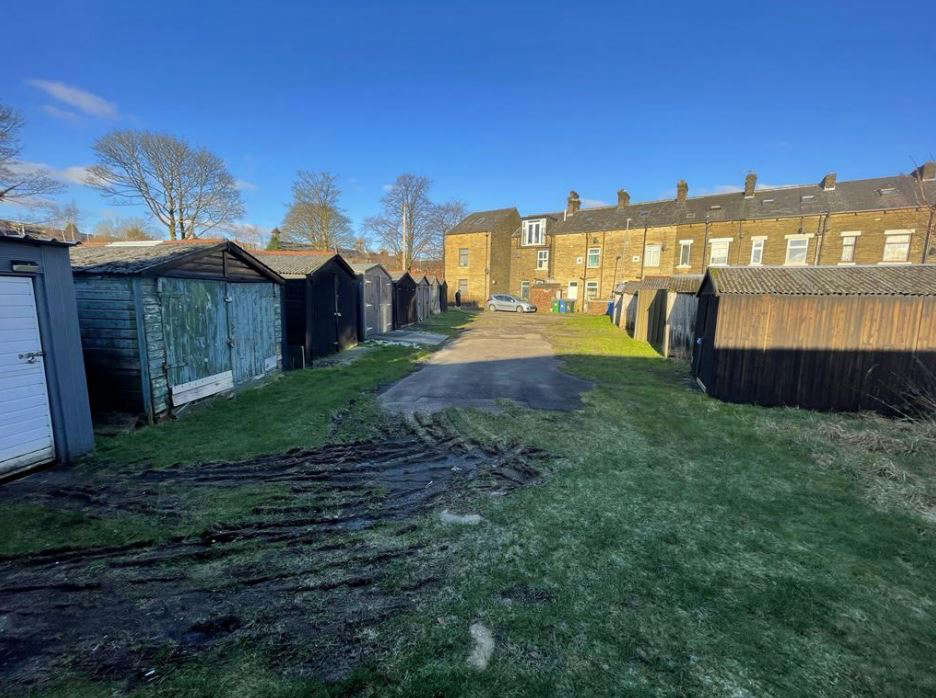 Decision on controversial housing plan delayed
Decision on controversial housing plan delayed
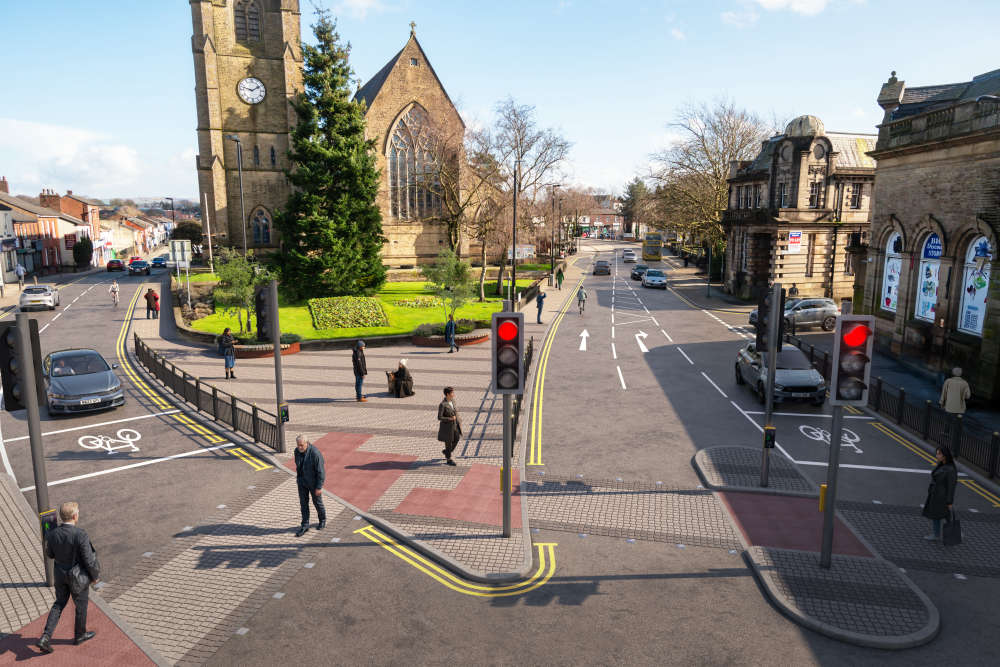 Major transport network overhaul for Heywood
Major transport network overhaul for Heywood
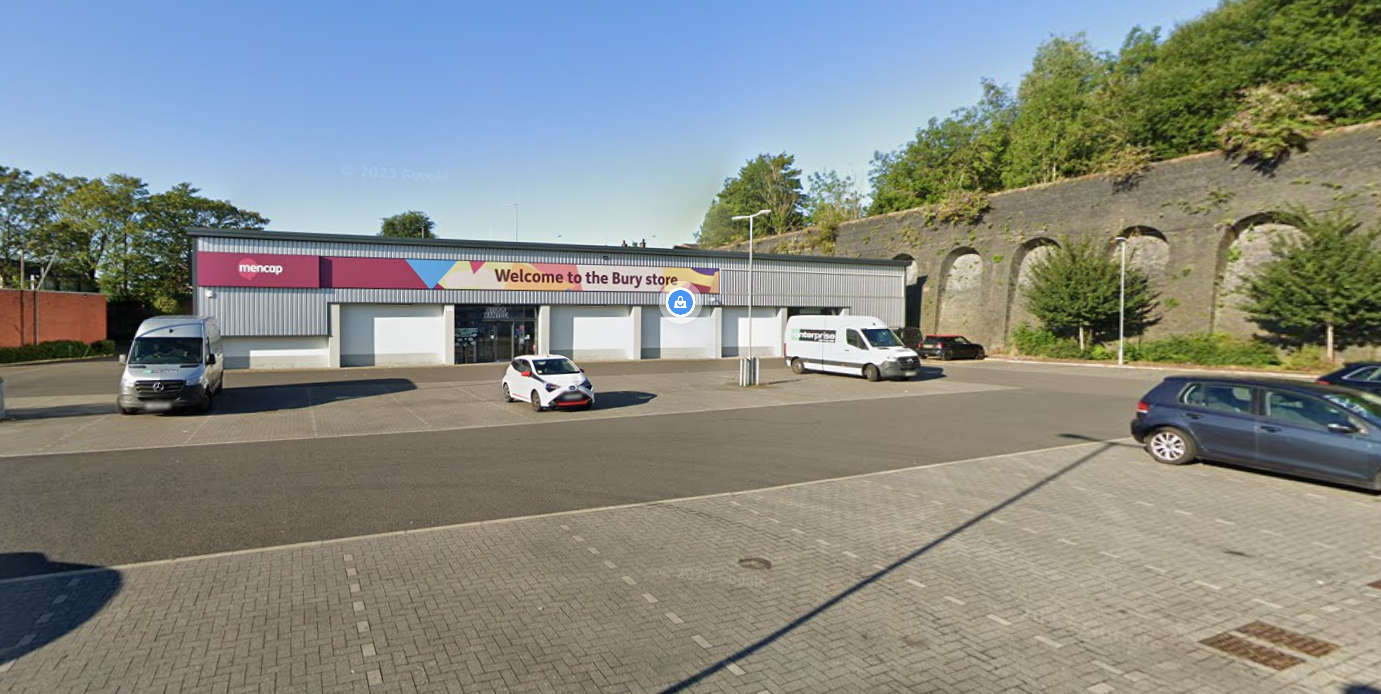 New drive-thru Starbucks approved opposite Lidl store
New drive-thru Starbucks approved opposite Lidl store
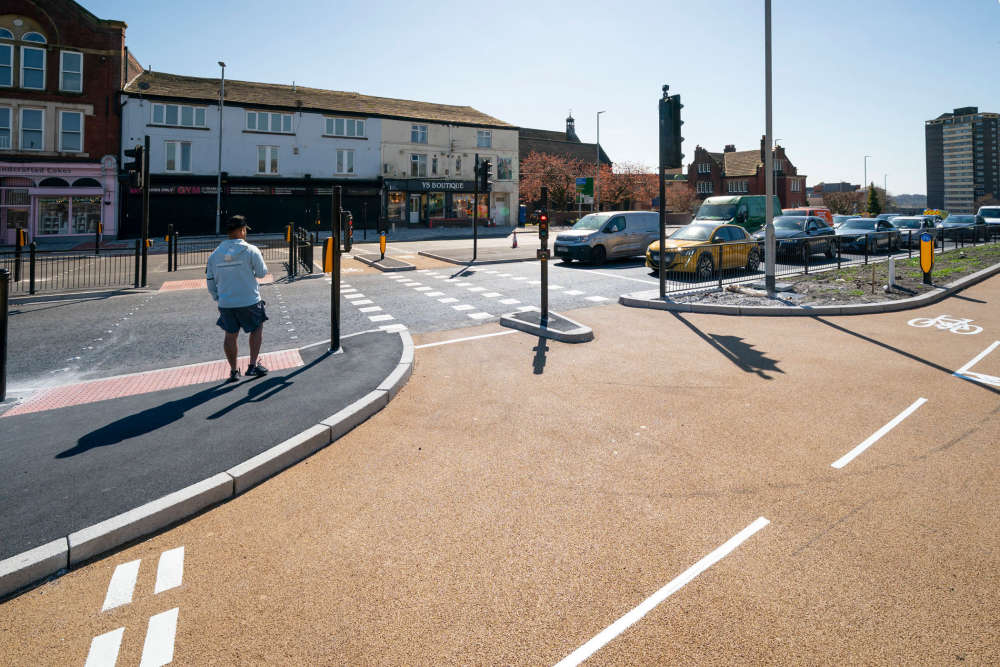 £2m cycle lane and crossing on busy dual carriageway completed
£2m cycle lane and crossing on busy dual carriageway completed
 Dozens of homes at nine new housing developments to be used to give care leavers to give ‘best possible start’ to adulthood
Dozens of homes at nine new housing developments to be used to give care leavers to give ‘best possible start’ to adulthood
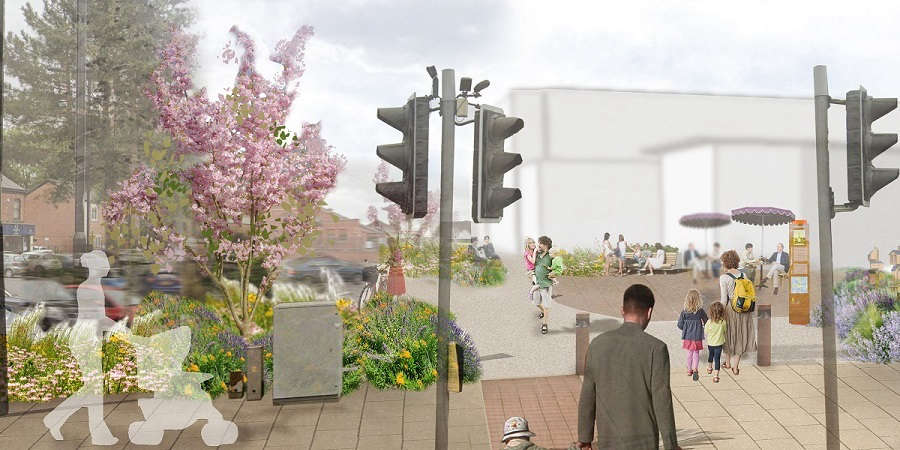 Heywood’s civic square to get overhaul
Heywood’s civic square to get overhaul
 Community Tip-Offs Lead to Drug Seizure and Arrest in Middleton
Community Tip-Offs Lead to Drug Seizure and Arrest in Middleton
 Metrolink temporary service changes this evening to repair damaged track
Metrolink temporary service changes this evening to repair damaged track


